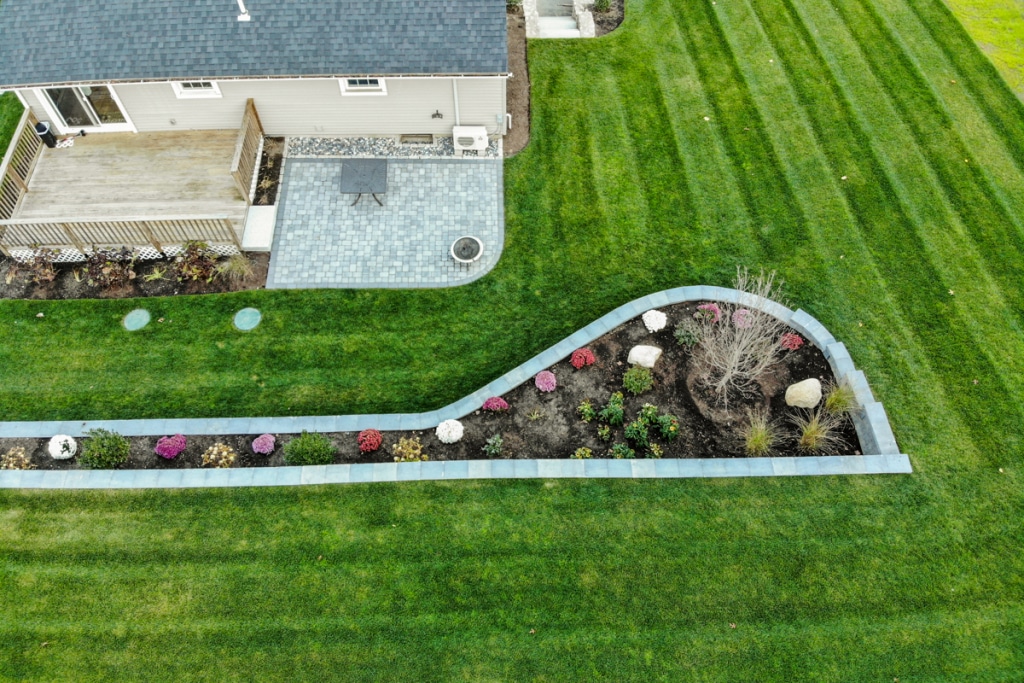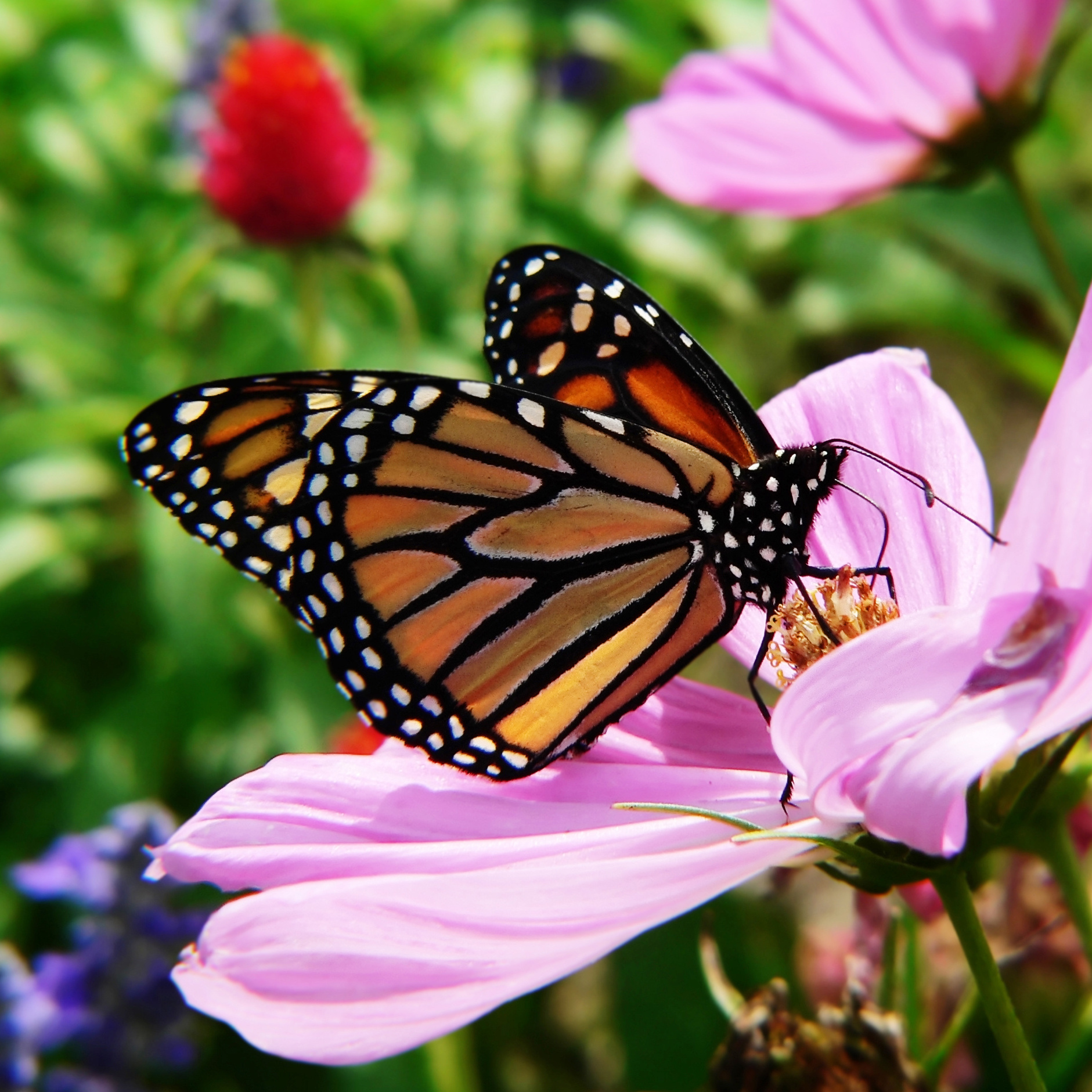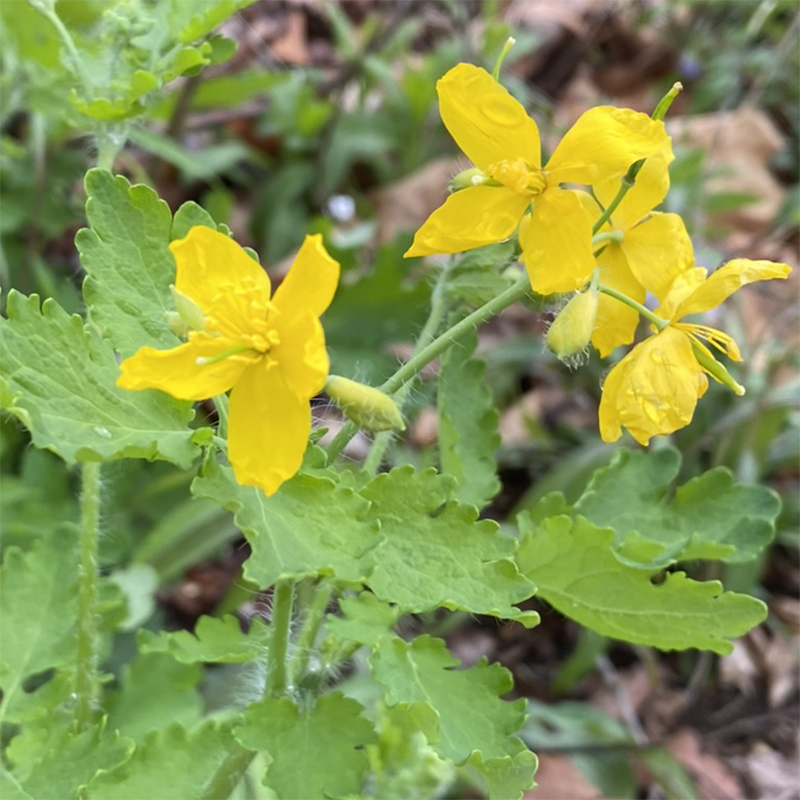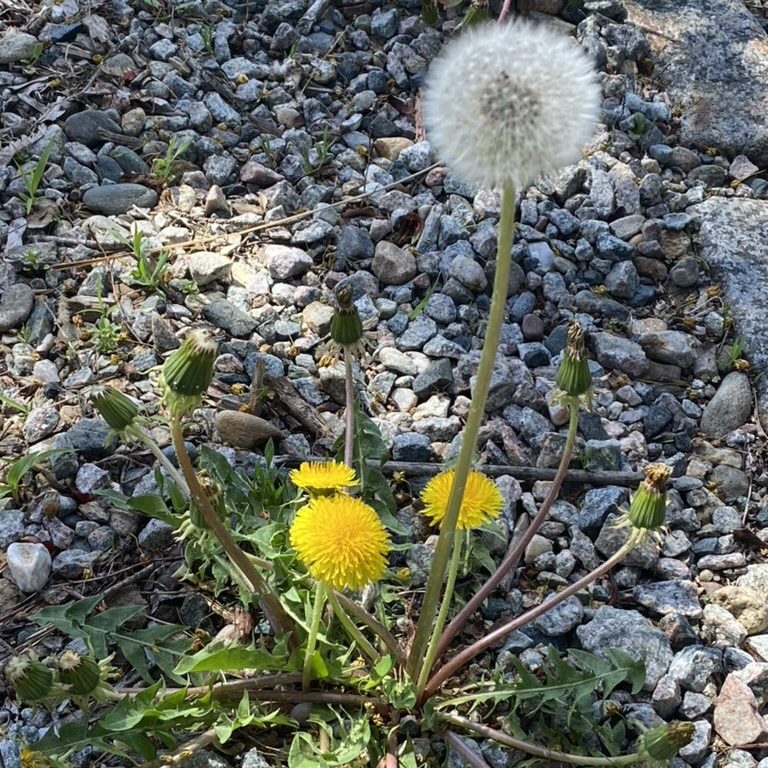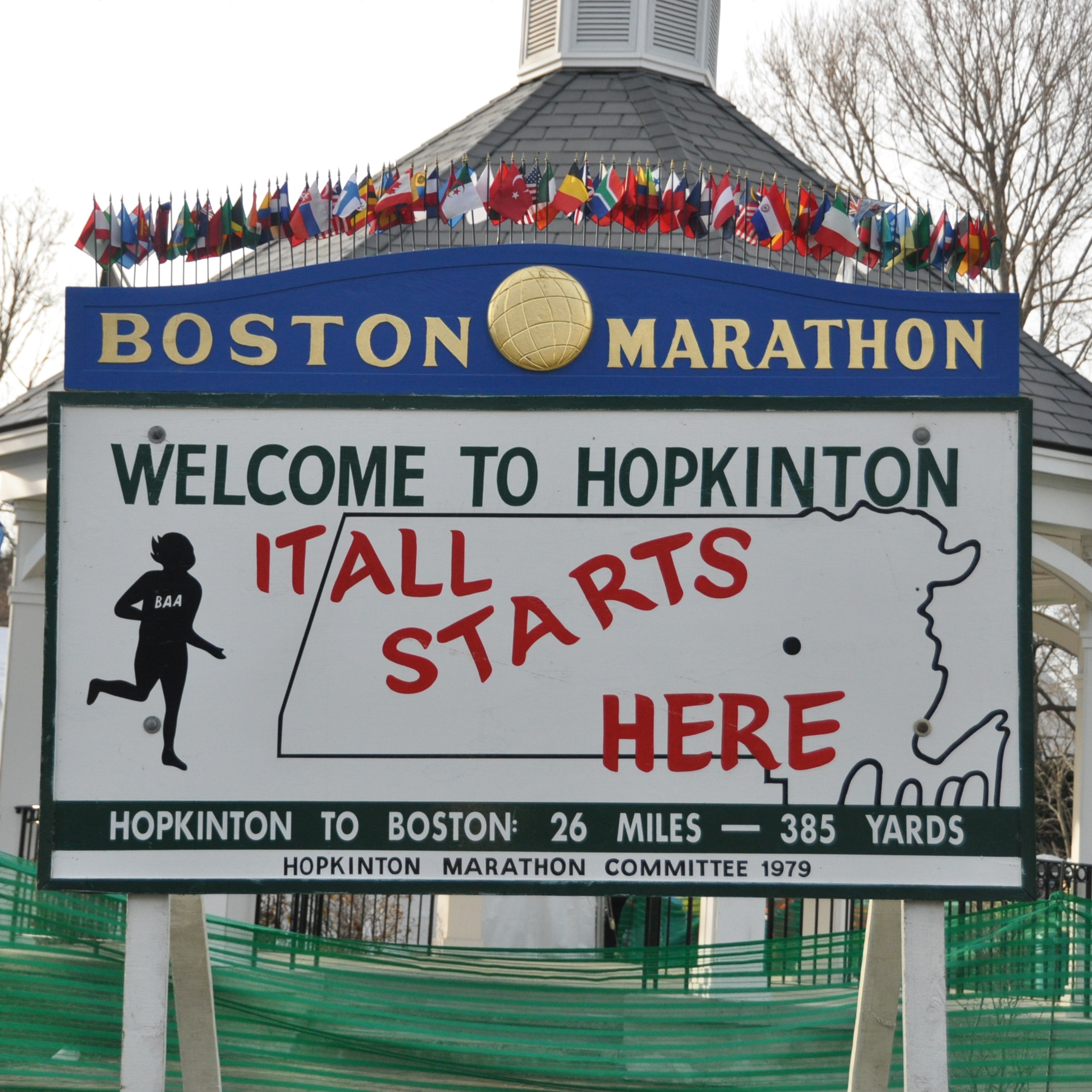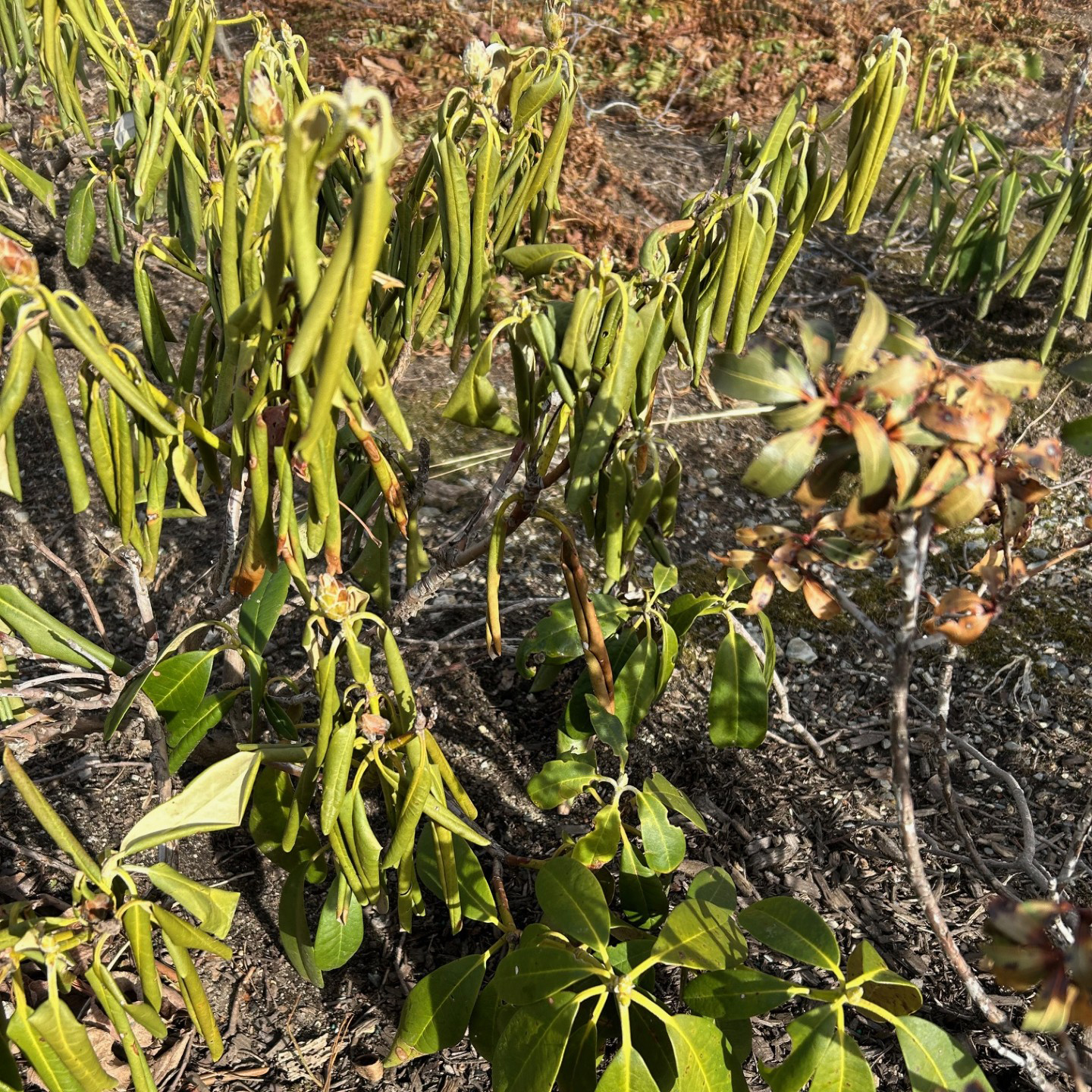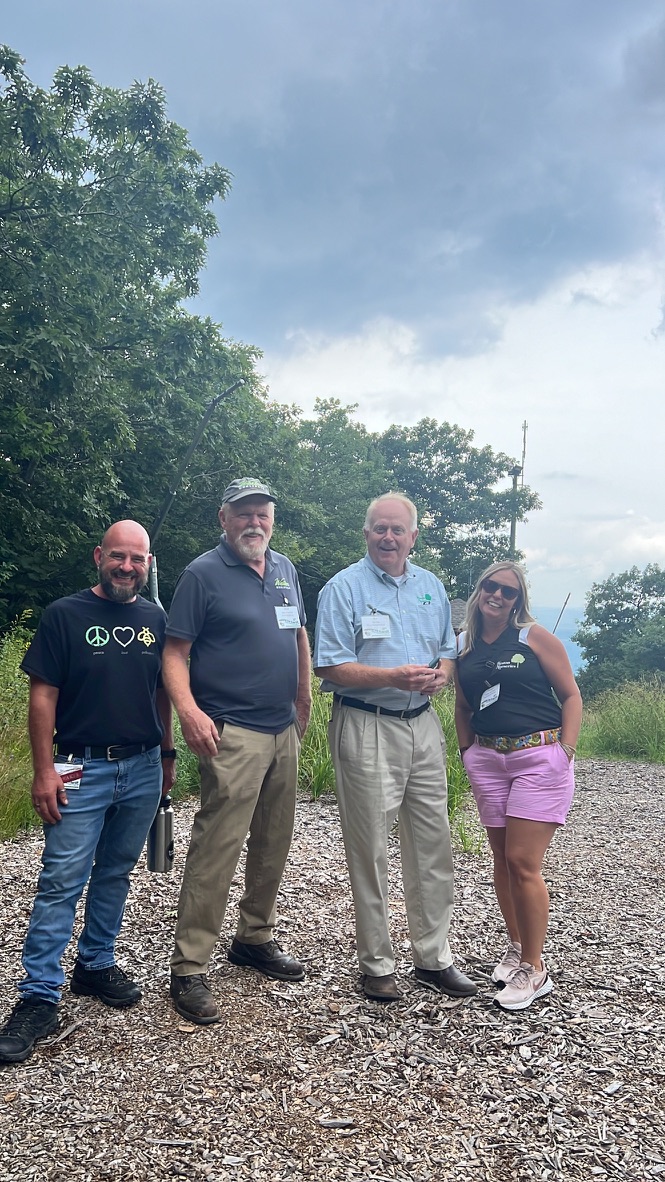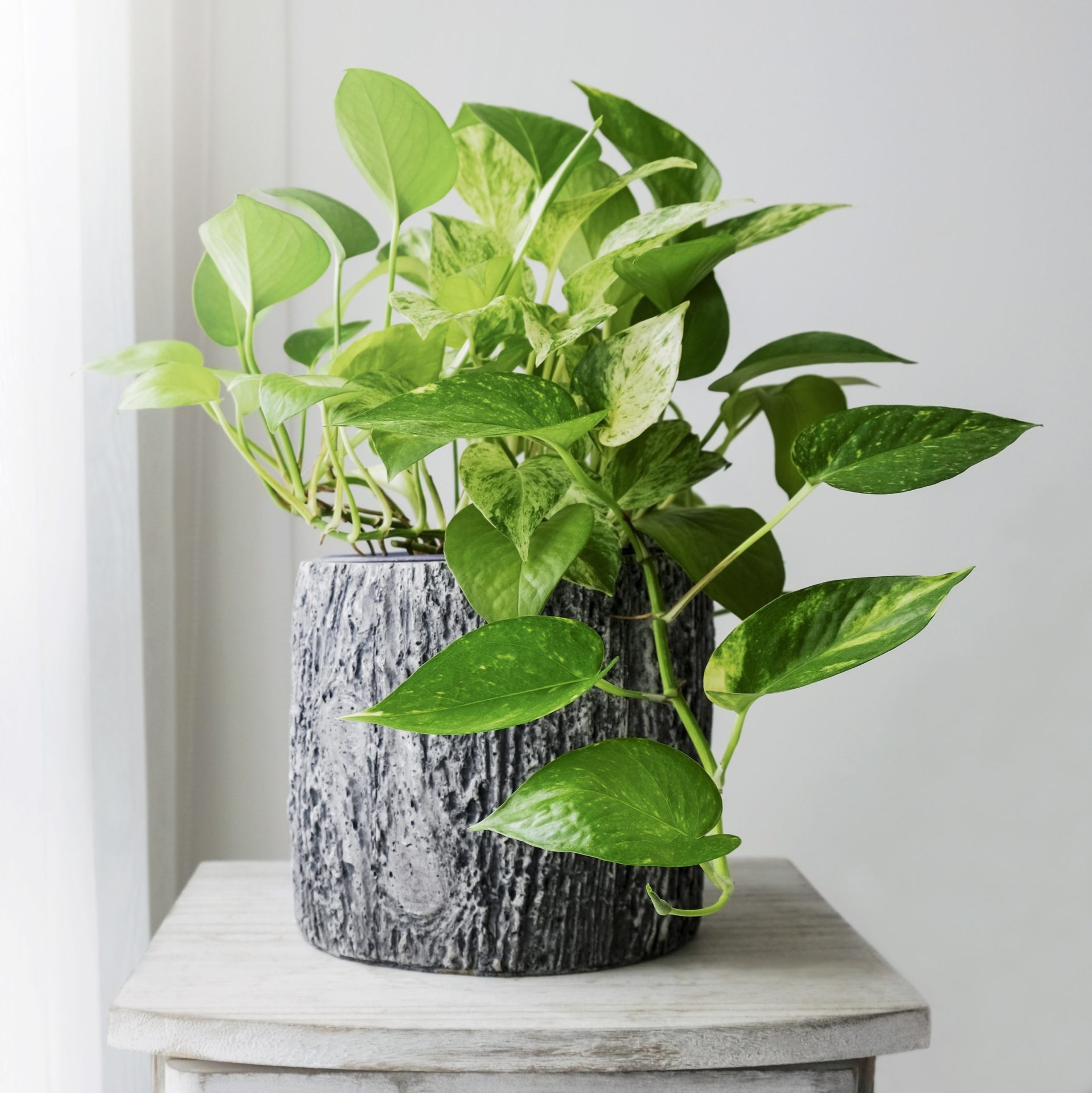
Houseplants are terrific for bringing the outdoors inside, softening the hard surface and edges of your décor, and adding texture and color to your living spaces. In addition, there are numerous health benefits associated with houseplants from stress reduction to better air quality. All plants need light to thrive but not all plants need an abundance of natural light to do well indoors. If you have hesitated to incorporate houseplants into your home design because of what you assumed to be inadequate light, there are actually many “low light” houseplants that can thrive in your home.
Prior to purchasing a particular plant, look at the plant care label or ask one of our greenhouse sales staff for advice regarding light needs. One term that can be confusing is “indirect light.” Indirect light is often found in an east-facing window or set back from a window that receives full light from a south- or west-facing window. A sheer curtain between the light source and your plant can also qualify as indirect light. Indirect light and low light are not necessarily synonymous. Some indirect light can potentially be too much light for a low light houseplant.
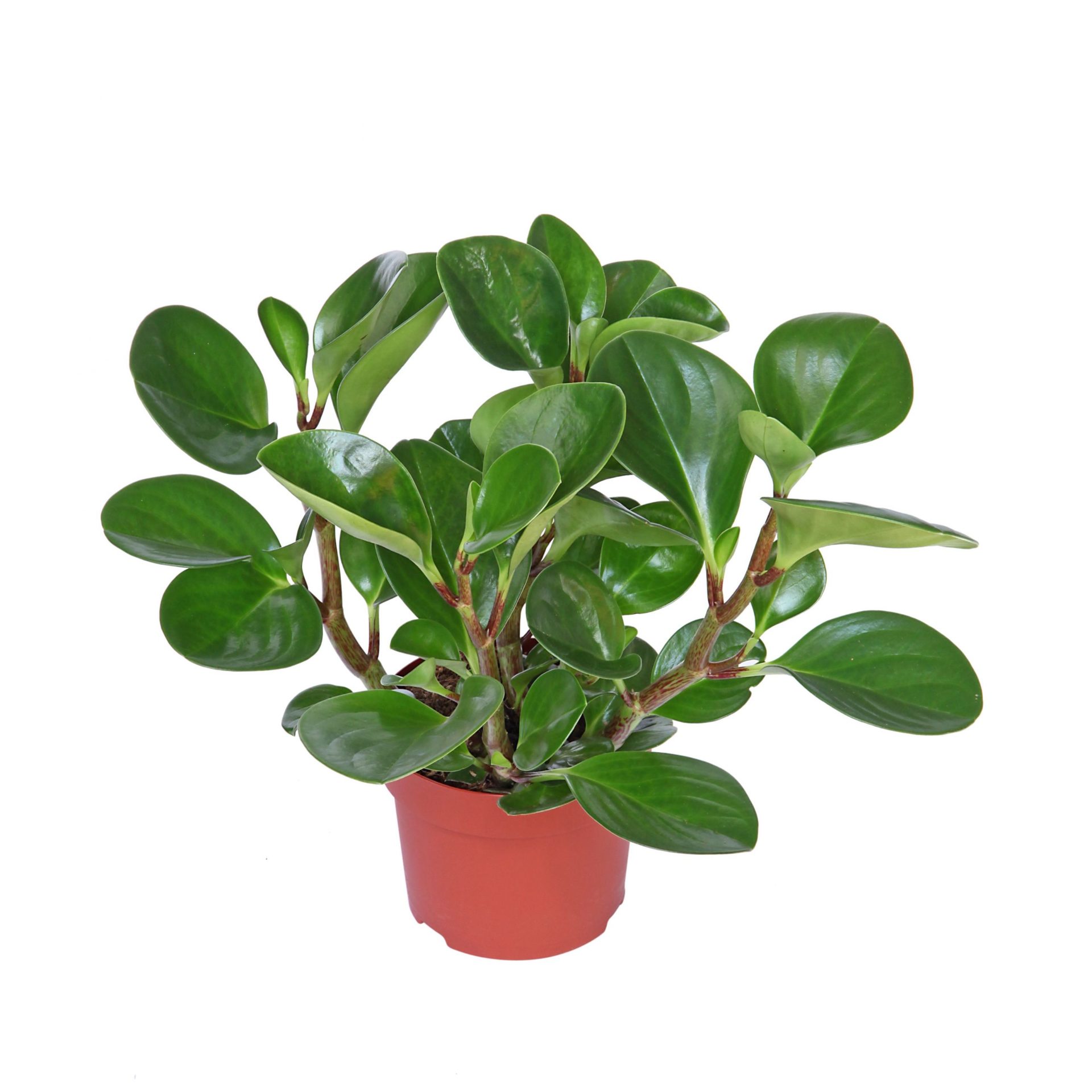
Remember that low light does not mean no light! Weak or filtered light due to trees or buildings outside your windows or locations set far back from your windows can qualify as low light. Ambient artificial light can also be considered a low light situation. Assess the light that comes through your window by first determining the exposure. A southern or western exposure will often mean bright afternoon light and not ideal for plants designated as low light. North facing windows will get the least light. East facing windows will get morning light when the sun’s rays are not quite as strong. You may have to experiment to see where the light is best for the plant you choose. Remember, you can moderate the intensity of the light by putting up a sheer curtain or placing your plant further away from the window.
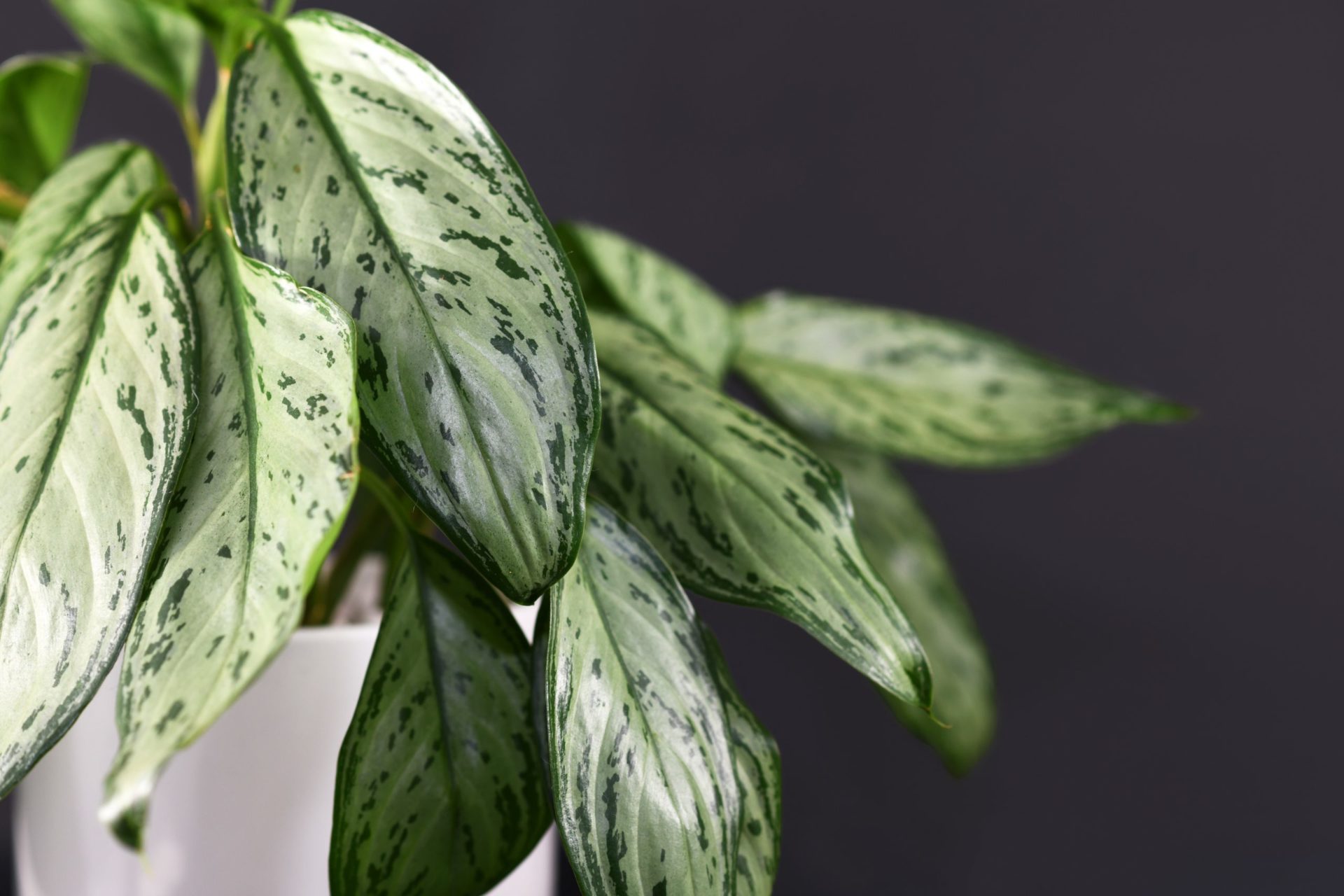
Most houseplants are native to the tropics and plants suitable for low light conditions often grow in the understory below the tree canopy. Some suggestions for plants that will thrive in low light conditions are:
- Anthurium
- Arrowhead, Nepthytis (syngonium podophyllum)
- Begonia
- Bromeliads
- Chinese evergreen (Aglaonema)
- Cast iron plant (Aspidistra)
- Dumb cane (Dieffenbachia)
- Dracaena
- Lucky bamboo (Dracaena sanderiana)
- English ivy (Hedera helix)
- Ferns:
- Boston ferns (Nephrolepis exaltata)
- Staghorn ferns (Platycerium spp.)
- Homalomena
- Hoya
- Monstera
- Palms:
- Parlor palm (Chamaedorea)
- Ponytail palm (Beaucarnea recurvata)
- Lady palm (Rhapis excelsa)
- Sentry or kentia palm (Howeia)
- Nerve plant (Fittonia spp.)
- Peace lily (Spathiphyllum)
- Peperomia
- Philodendron
- Pothos
- Prayer plant (Maranta leuconeura)
- Rattlesnake plant (Calathea lancifolia)
- Snake plant (Dracaena trifasciata; formerly Sansevieria trifasciata)
- Spider plant (Chlorophytum comosum)
- ZZ plant (Zamioculcas)
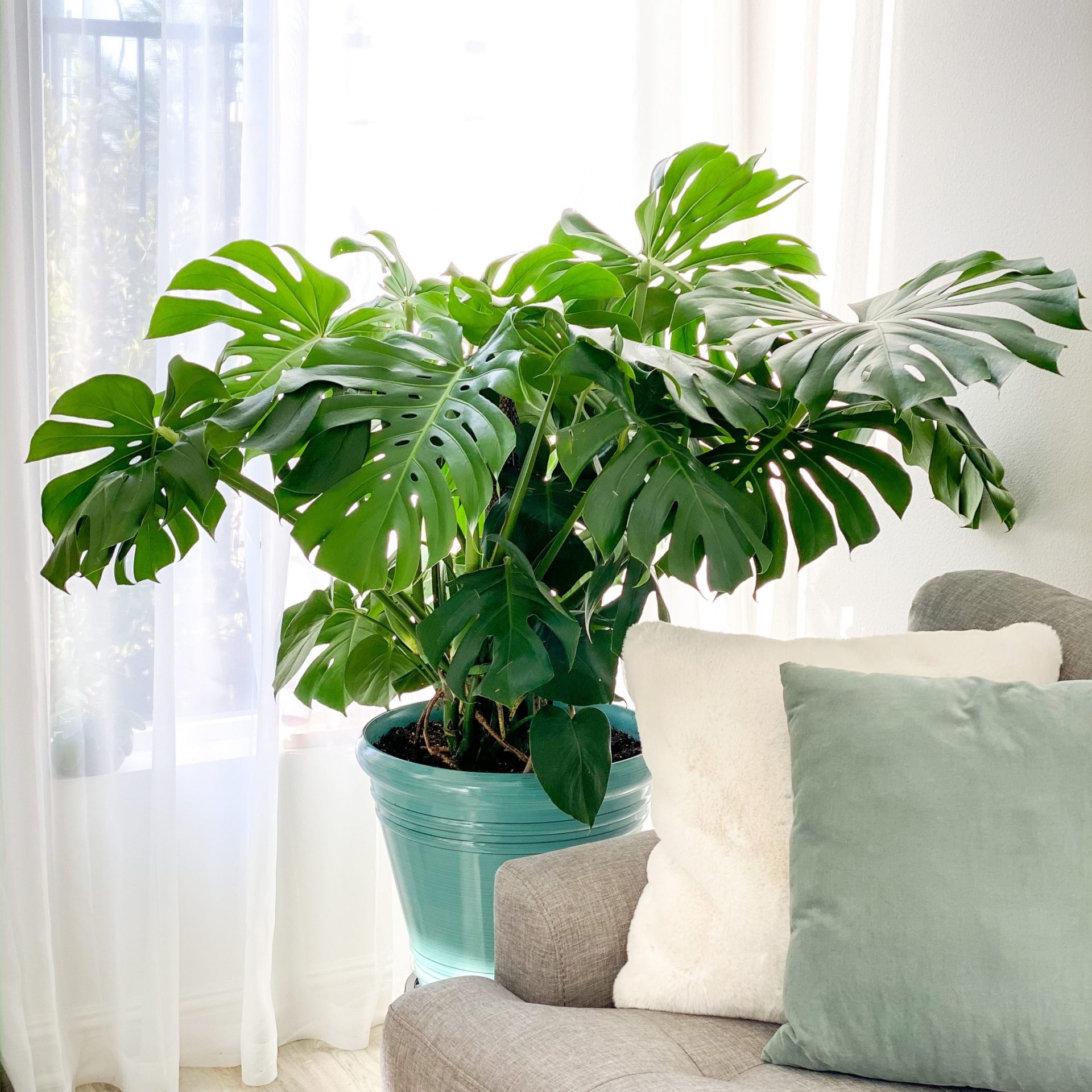
Learn How To Water Every Type of Houseplant!
This in-depth video from our Online Gardening Classes will ‘submerse’ you in proper watering techniques! We also cover appropriate potting mediums for orchids, succulents, and tropicals to ensure your long-term success. For more classes and events, please visit www.westonnurseries.com/events.

